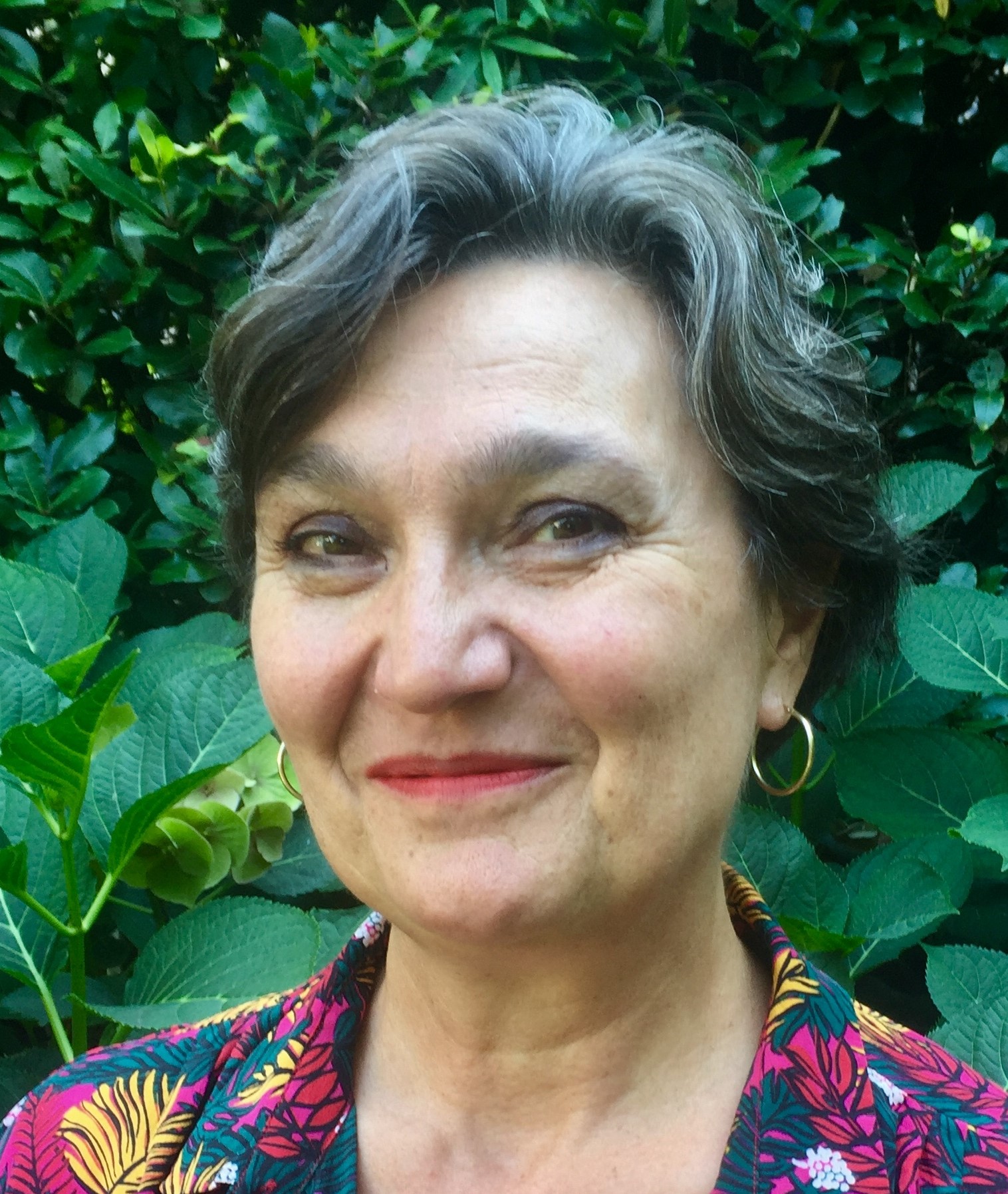Agriculture | “We’ve targeted family farming because it’s everywhere and it’s essential”

Marie-Christine Monnier is seconded by Expertise France to the World Agriculture Watch (WAW) of the Food and Agriculture Organization of the United Nations (FAO) where she acts as coordinator. She tells us about the missions of WAW and the issues it aims to address.
What are the challenges facing farmers around the world?
Agricultural issues have been brought back to the forefront in Europe in recent weeks, but agriculture has long been in a weak position in food systems. It constitutes an essential link, yet is arguably the most neglected by public policies and by consumers. It’s a major problem. In many developing countries, food insecurity and undernutrition have worsened, whereas major programmes to modernise agriculture pledged to reduce them. Globalised trade tends to consider agricultural and food products as commodities similar to industrial products, but this has neither assured decent living standards for farmers, nor allowed people to feed themselves properly. There is also no real international regulatory system: the United Nations provides a space for discussions and negotiations around a common framework, but it does not have decision-making power.
Furthermore, the inequalities that persist in societies are more pronounced for rural populations and are exacerbated by the influence of supranational actors. For example, the phenomenon of land grabbing persists, with certain powers negotiating rights of use outside their domestic territory with countries of the Global South. This is the case with China and Gulf countries. Smallholder farmers are excluded from these negotiations, and foreign production models are imposed to the detriment of traditional systems for farming and natural resources management. When it comes to agriculture, the preservation of land ownership is an extremely important issue, and there are currently no restrictive tools to ban this type of agreement between governments and private economic actors.
But there are other factors that aggravate the imbalances over the long term, especially climate disruptions. While agriculture has a limited capacity for action to address them, the effects can be mitigated by changing practices. This is what agroecology is all about. But for decades, intensive farming has been depleting water resources, destroying the soil, and permanently affects biodiversity. It remains difficult to achieve consensus on the urgent need to change this method of farming.
How does World Agriculture Watch aim to address these challenges?
WAW is an initiative spearheaded by France since 2011 and housed by FAO, in partnership with the International Fund for Agricultural Development (IFAD) and the French Agricultural Research Centre for International Development (CIRAD). WAW’s mission is to report on the diversity of farms around the world, and thereby contribute to ensuring that public policies and investment strategies are geared more towards the challenges we’ve just mentioned. Its approach is based on producing, using and sharing data, in collaboration with farmers’ and producers’ organisations which are key partners.
Our priority focus is family farming because it’s everywhere and it’s essential: 85% of farms around the world are smaller than 2 hectares and 500 million farms, 90% of the total, are family farms, meaning that the capital is held and the work done by members of a family. We also know that the majority of global food production comes from these small farms.
WAW’s activity fits in with the United Nations Decade of Family Farming 2019-2028, which aims to promote the development of this type of farming and protect these family farms given their demographic weight. The data are, of course, not always accessible or of variable quality. For example, for Africa, only one country in five had recent figures in 2021. Yet field surveys are still the most effective way of accessing information and serving the interests of the actors themselves.
Indeed, what is the interest for the actors at local level?
Through WAW data, representative organisations can benefit from a better understanding of their members and thereby strengthen their advocacy. Governments are also concerned: the recent survey we conducted in north-west Tunisia will inform its Government’s national strategy, which includes the aim of reducing dependence on cereal imports. We position WAW as a tool that can be tailored to the needs of countries: providing them with an enhanced understanding of the diversity of farms can help them develop more effective strategies.
At a more macro level, FAO manages other more ambitious programmes, such as the “50 by 2030” project, in partnership with the World Bank and IFAD. It aims to enable the 50 least developed countries to develop information systems on their agriculture, so that they can report on their commitments to the SDGs over the decade. FAO’s data sources can also serve this purpose.
The key point is that agriculture is diverse and multifaceted: it is faced with many problems, and to support the desired transformation of food systems towards more sustainability and resilience, agricultural policies need to be adjusted to take account of the diversity of farms.
What are your missions as coordinator of WAW?
My role is primarily to develop partnerships and communicate on our tool, so that it generates interest among other actors, including the technical and financial partners that can potentially support it. Improving the quality of knowledge is a major issue in an institution that works on development.
At FAO, I also consider it important to position WAW as an interface with other programmes and other teams. I am attached to the “Land and Water Division”, and WAW provides a better understanding of the farming environment for the work of its teams.
What is on the agenda for 2024?
We will shortly be publishing the WAW Operational Guide. This technical tool provides a methodological work framework for actors that need it, but we also want to use it as a communication tool to mobilise decision-makers and funders and develop other projects.

